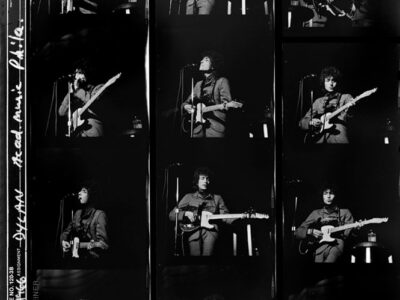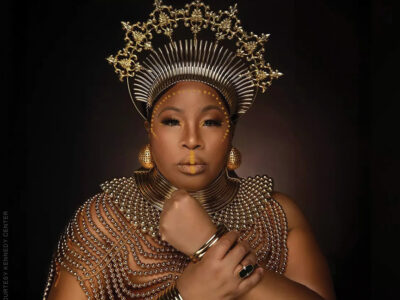DR. Melinda Wagner Gr’86 was composing her latest piece when the telephone rang one morning in April. She had turned off the ringer to avoid distractions, but still heard the answering machine pick up in the next room. It was her publisher. “He had been getting phone calls that were slightly cryptic and was calling to see if I had received any,” Wagner recalls. “We finally put two and two together.”
Though virtually unknown in the world of composing, Wagner had won this year’s Pulitzer Prize for music for her Concerto for Flute, Strings and Percussion. The announcement “did come out of the blue,” Wagner says. Although she knew she had been nominated, “In my mind there was absolutely no possibility [of winning]. I had sort of banished it from my thoughts.”
Reached at her Ridgewood, N.J., home about a month after the prize announcement, Wagner says she was “a little derailed” by the media attention that followed. “But I think the dust is settling now.” She did welcome supportive phone calls from several of her former professors at Penn. “I had a very good experience at Penn and met teachers who still figure into my life prominently and who are my friends.”
Wagner’s path to the Pulitzer began when flutist Paul Dunkel asked her to write the piece for him and his own orchestra, the Westchester (N.Y.) Philharmonic. (Dunkel conducted her previous piece, Falling Angels, with the American Composers Orchestra about three years ago.)
Writing for flute, Wagner says, “is very easy in some ways, because the flute is so agile. On the other hand, it is definitely a soprano instrument, so its range in tone is somewhat limited. It’s also not a powerful instrument, so you have to be very careful about coupling it with too many other instruments.” It took Wagner about a year to finish the concerto, working in a small studio equipped with an electric piano and headphones “so I don’t wake up my children.”
Even with a Pulitzer under her belt, Wagner hasn’t been inundated with commissions–yet. “I can’t tell you how it’s going to change my life,” she says. “Certainly no one had ever heard of me before.”
While the world takes some time to figure out who she is, Wagner proceeds with her current project–a piece for the six-member New York New Music Ensemble, which she hopes to complete by summer’s end.
With two young children, ages one and six, Wagner says it’s a challenge to find “wide stretches of time” free from interruption. But she would rather focus on the upside of composing. “The most rewarding part is hearing your work performed. Because of the human element in that–that is, the musicians–every time your piece is played it will be different. So it’s never really finished in a way. It’s got a life independent of you. That’s exciting. It’s like creating a living thing.”
Friday, July 4, 2025
Popular
Administration
Anniversary
Archaeology
Architecture
Art
Awards
Books
Calendar
Campus Life
Commencement
Education
Elsewhere
entrepreneurs
Events
Exhibition
Expert Opinion
Faculty
Film
Football
Gifts
Health
Healthcare
Heard on Campus
History
International
Leadership
Medicine
Men's Basketball
Music
notes
obits
painting
Penn Medicine
Penn Museum
Philadelphia
Photography
Poetry
Politics
Science
Student Life
Technology
Television
Theater
Wharton
Window




